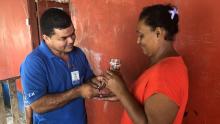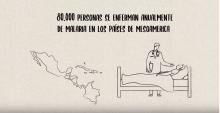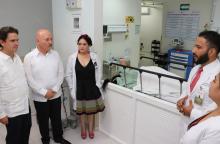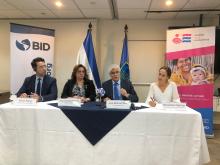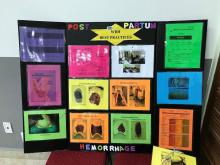Educational materials
It is important that SRH education for adolescents provide correct and comprehensive information, while developing skills to negotiate sexual behaviors. Educational materials and activities must be creative in the way they reach adolescent populations, creating a positive learning environment. The materials included in this module are a flip chart that describes information on family planning and a game that facilitates learning about SRH.
